South Africans have queued at the polls to participate in national and provincial elections. These elections are crucial for the country’s democracy and governance.
The African National Congress (ANC), which has dominated South African politics for 30 years, faced its toughest election yet. It needs to secure 50 percent of the National Assembly seats to maintain its parliamentary majority.
The main opposition Democratic Alliance (DA) has signed a pact with 10 other parties, agreeing to form a coalition government if they get enough votes to dislodge the ANC from power.
South Africa follows a proportional voting system, where parties and candidates compete for 400 seats in the parliament (known as the National Assembly).
There is no direct election for the president – the new National Assembly chooses the president, who is normally the leader of the majority party.Former President Jacob Zuma caused a major shock when he announced in December that he was abandoning the ANC to campaign for a new party, uMkhonto weSizwe (MK), which translates to Spear of the Nation.Although he has been barred from running for parliament because of a conviction for contempt of court, his name will still appear on the ballot paper as MK leader.Opinion polls suggest MK will get about 10% of the vote.
It is expected to do especially well in his home province of KwaZulu-Natal, where tensions have been high, with some incidents of violence reported during the campaign.For the first time, independent candidates are participating in the elections. Voters are to receive three ballots instead of two: two for electing the National Assembly representatives and one for electing members of the provincial legislature in each of South Africa’s nine provinces.The National Assembly represents 200 seats through a national ballot (blue ballot) and 200 seats through regional national assembly ballots (orange ballot).Additionally, voters are to cast ballots (pink ballot) to elect members of the provincial legislature in their respective provinces.
These elections play a crucial role in shaping the country’s leadership and policies, reflecting the progress made since the end of apartheid in 1994 when Nelson Mandela was elected president with the ANC winning 62.5 percent of the National Assembly seats.Approximately 27.79 million South Africans aged 18 and above registered for the elections, an increase from 26.74 million in 2019. However, it is reported that around 13.7 million eligible voters did not register, with most of them – eight million – below the age of 30.

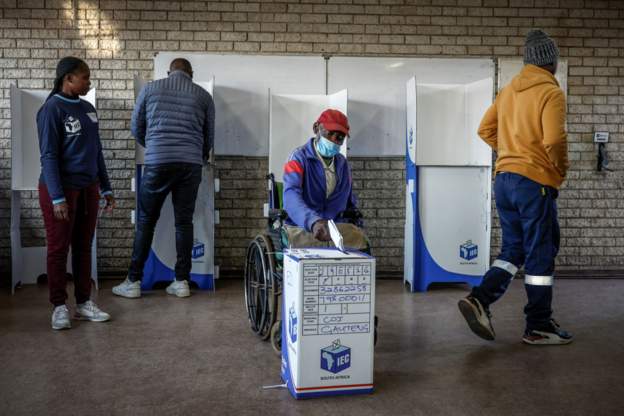

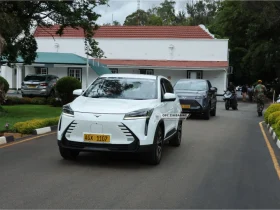
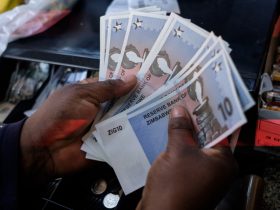
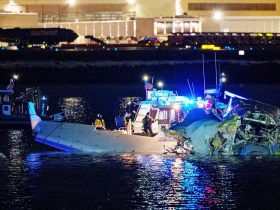
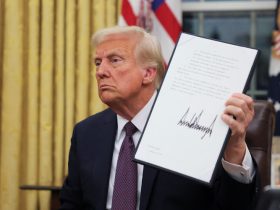
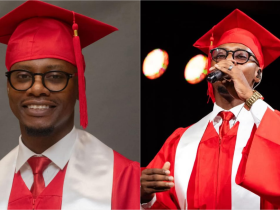
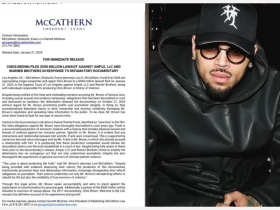
Leave a Reply